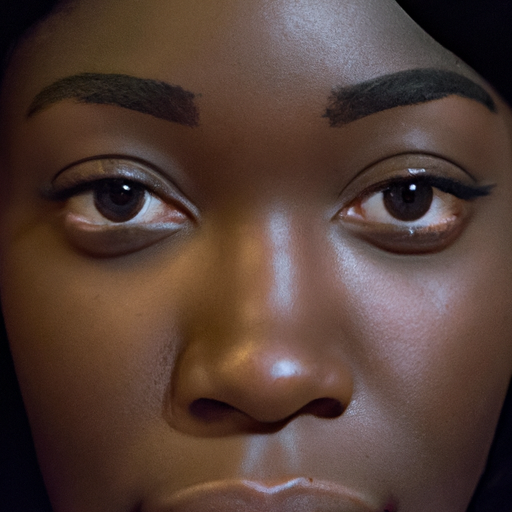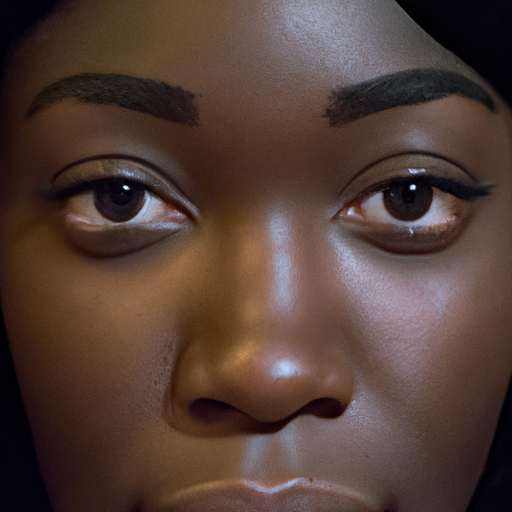As a medical professional, I am often confronted with patients who are grappling with the discomfort and distress that comes with sensitive skin. This condition, characterized by redness, dryness, itching, and burning sensations, can significantly affect an individual’s quality of life. However, the good news is that there are numerous effective cures available for sensitive skin.
Sensitive skin is a common condition that affects millions of people worldwide. It is often caused by factors such as genetic predisposition, environmental triggers like weather changes, harsh skincare products, and certain medical conditions like eczema or rosacea. The key to managing sensitive skin lies in understanding its triggers and adopting a skincare regimen that soothes and protects the skin.
One of the most effective cures for sensitive skin is the use of gentle, hypoallergenic skincare products. These products are free from potential irritants such as fragrances, dyes, and harsh chemicals. They are designed to cleanse, moisturize, and protect the skin without causing irritation or inflammation. Brands like Cetaphil, Aveeno, and Neutrogena have lines specifically designed for sensitive skin.
Moisturizing is another crucial step in caring for sensitive skin. Dryness can exacerbate sensitivity, leading to increased discomfort. Therefore, it is essential to keep the skin well-hydrated using a fragrance-free, hypoallergenic moisturizer. Moisturizers containing ingredients like hyaluronic acid, ceramides, and glycerin can help retain moisture in the skin and strengthen its natural barrier.
Sun protection is also vital for individuals with sensitive skin. Exposure to UV rays can cause inflammation and exacerbate sensitivity. Therefore, using a broad-spectrum sunscreen with an SPF of at least 30 is recommended. Look for sunscreens that are mineral-based, as they are less likely to cause irritation compared to chemical sunscreens.
In addition to these topical treatments, certain lifestyle changes can also help manage sensitive skin. Maintaining a healthy diet rich in antioxidants can help reduce inflammation and promote skin health. Foods like berries, nuts, green leafy vegetables, and fish are excellent choices. Regular exercise can also improve blood circulation, leading to healthier skin.
Stress management is another important aspect of managing sensitive skin. High stress levels can trigger flare-ups and exacerbate skin sensitivity. Therefore, incorporating stress management techniques such as yoga, meditation, or deep breathing exercises into your daily routine can be beneficial.
Lastly, it’s important to remember that everyone’s skin is unique, and what works for one person may not work for another. Therefore, it’s crucial to consult with a dermatologist or a skincare professional who can provide personalized advice based on your specific skin type and concerns.
In conclusion, while sensitive skin can be challenging to manage, there are numerous effective cures available. By adopting a gentle skincare regimen, making certain lifestyle changes, and seeking professional advice, individuals with sensitive skin can significantly improve their skin health and overall quality of life. Remember, the journey to healthier skin is a marathon, not a sprint. Patience, consistency, and a positive attitude are key.




